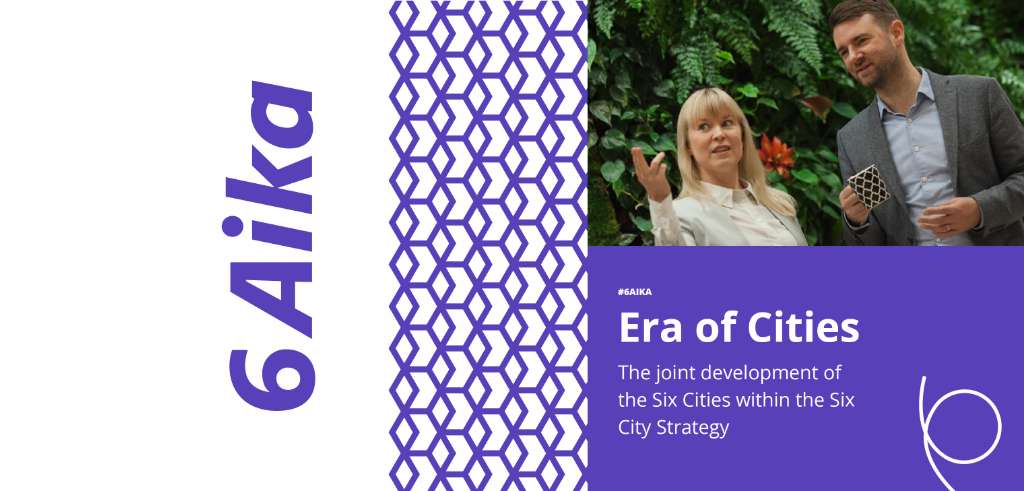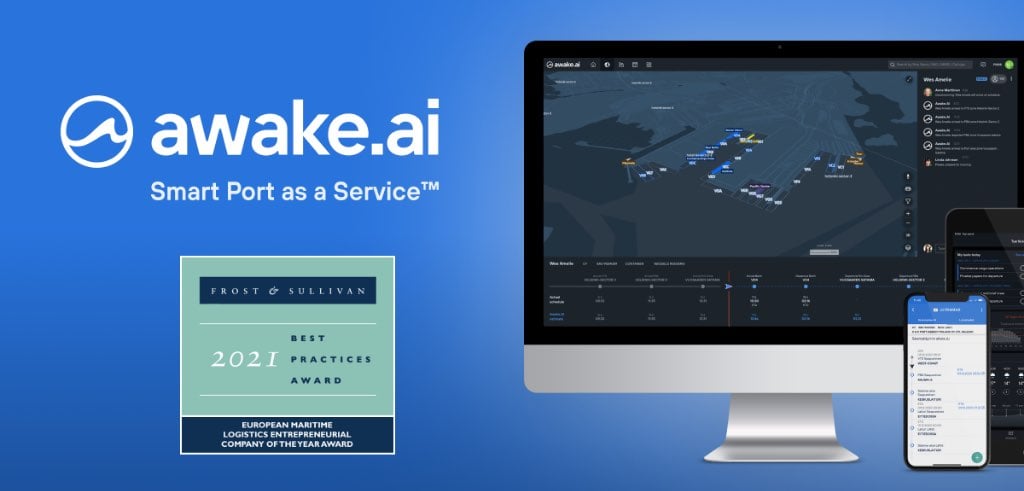
5 Tips On How To Attract An Investment For Your Startup
Mobility is one of the fastest-growing areas for new companies. Many are seeking to meet the sky-high demand for solutions that are finally made possible by technological advances in drones, energy storage, electric mobility and more. One of the key limitations new companies face when serving huge markets is their own resources – you can’t serve millions of users without significant investments in production, sales and other areas. And when demand is high, there will be competitors, and speed of growth can be equally important to profitability – or temporarily even more important.
In order to grow faster without taking unnecessary risks, many startup founders turn to investor for funding and advice. This much is common knowledge, but what does it really take to attract an investment? We asked startup founders who have been there, done that, and ready to share the most significant lessons they learned when fundraising their first millions of euros.
The founders we interviewed are Harri Santamala from Sensible 4, the autonomous driving company; Sampo Hietanen from MaaS Global and their Whim app, the all-in-one mobility solution; and Tuomo Parjanen from PayiQ, the payment and ticketing company enabling many MaaS solutions around the world.
Here are their most important fundraising tips for first-time startup founders:
- Use expert help. Whether you use an investment banker or another fundraising consultant, or have an advisor or team member with previous fundraising experience, make sure you have that special expertise available. You’ll increase the chances and speed of attracting funding significantly. Getting an investment sooner can mean the difference between being the first or fifth to enter a new market. Every costly mistake you avoid making in fundraising is more time available for growing your business. When considering external help, be prepared to compensate them appropriately. All the experience and contacts you gain while fundraising will be yours to keep for life, and while the best help and training isn’t usually free, failure is far costlier. Harri and Tuomo both vouch that a good fundraising expert is worth their fees many times over.
- Fundraising takes a lot of time and money. Once you succeed in getting a meeting with an investor, that’s just the first of many meetings to come – if you’re successful. From the first meeting it takes approx. 6 months on average before the money arrives into your bank account. There will be multiple rounds of meetings, and more time-consumingly, due diligence checks (DD). Be prepared to spend up to half of your time on fundraising, especially if you’re doing your first significant fundraising. Money-wise, just the legal costs of a DD for a later funding round can be well in excess of 10 000 euros; trying to avoid these by not having your own lawyer can lead to subpar agreements that end up costing you way more. A part of the money gained from any funding round should go towards getting the next one.
- Preparing for the due diligence checks (DD). This legal-sounding term simply refers to the different kinds of verifications the investor needs before being convinced they are not making a predictable mistake by investing into you. Expect a technical DD where the investor’s tech-savvy friends go through things with your CTO; a management DD on your strategic decision-making and its documentation (board meeting memos etc.); a legal DD going through your contracts. If your shareholders’ agreement or other contracts significantly differ from the standard ones, be prepared to have to change them after the investors’ lawyers have gone through the hidden risks with your lawyers. Following the best practices of corporate governance are what it takes to pass the management and legal DDs; having your technology audited helps you pass the technical DD. Preparing these is the slowest part of the fundraising process, taking typically more than half of the time between first meeting with investor and getting the money to the company bank account. The earlier you start working with a fundraising expert, the earlier you can get all your documentation, contracts etc. in order to pass investors’ DD checks.
- What are investors looking for? In addition to the usual factors of solid businesses with strong unit economics, operating in sizable markets that have plenty of room for growth, with hard-to-imitate technologies and strategic positions that give them a competitive advantage, here are a few additional points from these founders’ experiences. First, despite all the attention disruptors get, there are benefits to being an enabler instead. Every professional investor has a large portfolio of other investments they have made before you, and they’ll be making more investments afterwards as well. Does your company help or hurt their other investments? That’ll impact whether they’ll want to help your company by investing into it. Having a partnership-friendly strategy will also help your commercial growth. When you’re an enabling technology that others can include in their product that they sell with their brand, you’ll have many more companies interested in being your clients than if you’re a brand-driven company. Second, related to your brand: Whether you’re a brand-driven company or not, being known in your industry will help both you attract both sales and investments. Working to get free PR for your company should be high up on your agenda. More on this below. Third, every investor is different. It’s worth getting to know their investment agenda and preferences, including past investments, and letting this show in your slides and presentation. In addition to his general research, Tuomo had phone calls with investors before the actual meetings whenever possible, and made notes of which parts of their investment story needed to be explained better to which investor. Working with an expert who is familiar with the investors can also help tailor the presentation, both the pitch deck and how it is presented, much more relevant to each investor. As mentioned, the first meeting is only the first of many, if you’re successful, and the ability to listen to and learn from investors’ feedback and comments is golden.
- How to use PR to get investors to call you: If at all applicable, you should consider getting publicity one of your key priorities. Even the best product needs a strong sales and marketing effort, and most of the ambitious startups need funding. Having the magazines write articles about you can make the difference between you calling the investors and mostly getting a no, and the investors calling you and asking if they could invest into you because you’re the leading company of an important trend. Academic research can also be important to give interviews to. Study results influence decision-making in both public and private sector, which can be a significant boost or hindrance to the sales of your innovative solution. Even helping the researchers get their basic assumptions and concepts right is valuable; no one benefits if someone publishes a flawed but influential study because you couldn’t make the time to help the researchers see things the way you see them. Everything looks different from the frontlines of the industry. As a startup founder you have a unique point of view, and it will help you a lot to share it with both academics and journalists, as well as other influencers. Who knows, maybe the next highly successful mobility startup will get a significant following through YouTubers, TikTokers and streamers, and become the next thing every investor talks about? The most noticed startups tend to raise the largest and fastest funding rounds.











